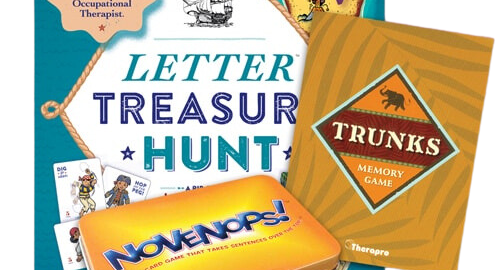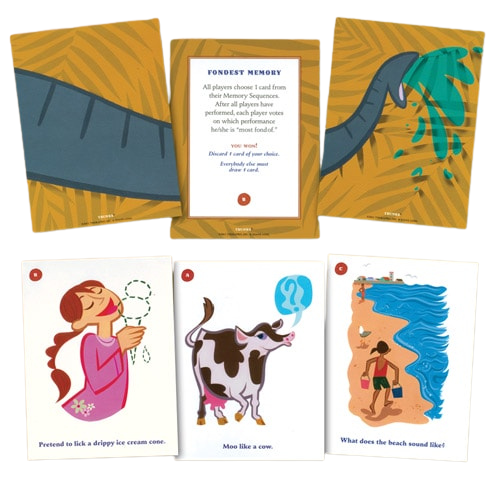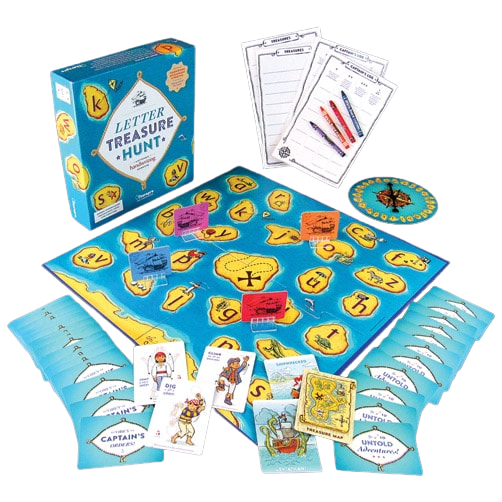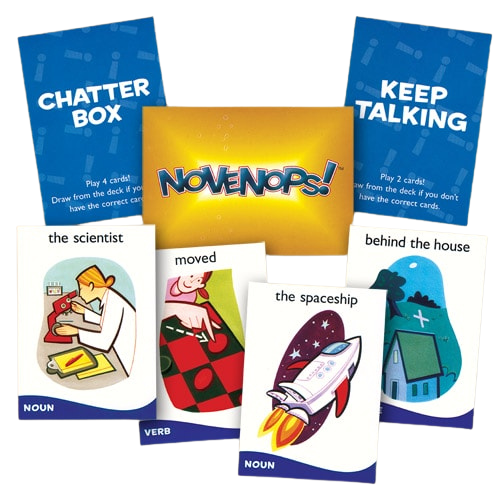As the school year winds down, therapists play a vital role in helping students transition smoothly while supporting carryover of skills during the summer. The end of the academic year isn’t just about closing cases—it’s a strategic time to restock, refocus, and empower families with tools to maintain progress. Below are smart tips for year-end success to focus on as you wrap up your school-based therapy services.
Smart Tip #1: Reflect, Reorganize, and Reset
Use the final weeks of school to reflect on what worked, what didn’t, and what needs restocking. This is the ideal time to refresh your therapy materials and take inventory of frequently used supplies.
Top Items to Restock Before Summer:

Pencil Grips – Essential tools for grasp development and writing support. Stock up here: Pencil Grips at Therapro
Ink Refills for LegiLiners – Don’t start next year with dry rollers: Ink for LegiLiners
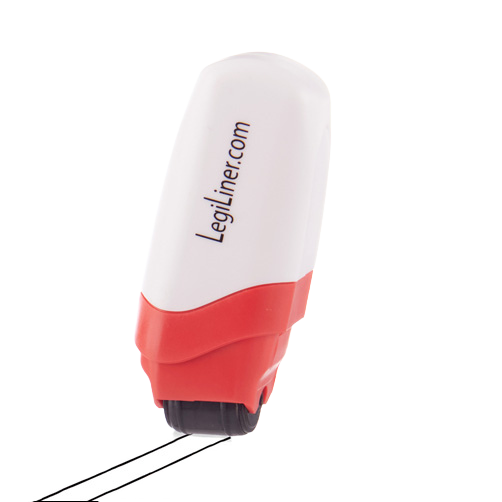
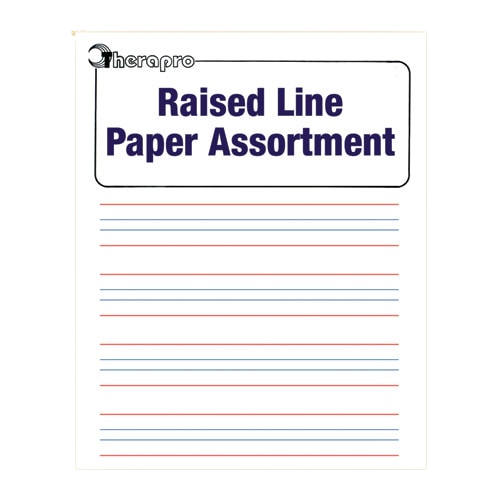
Raised Line & Highlighter Paper – Great for visual and tactile feedback: Explore Paper Options
This is also a great time to tidy your space, digitize records, and prep templates so you can start strong in the fall.
Smart Tip #2: Prepare Students for Smooth Transitions
Transitions can be especially challenging for students with developmental, sensory, or executive functioning differences. Help families support consistency and reduce stress at home by sending home visuals and tools to keep routines familiar.
Recommended Tools for Families:
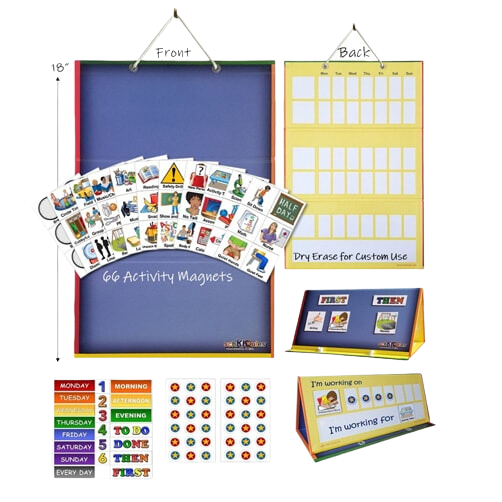
SchKIDules Deluxe Collection Box Set – A visual scheduling system that helps parents establish and maintain daily routines over the summer.
Sensational Fun – A helpful resource packed with sensory-based activities to keep kids regulated and engaged at home.
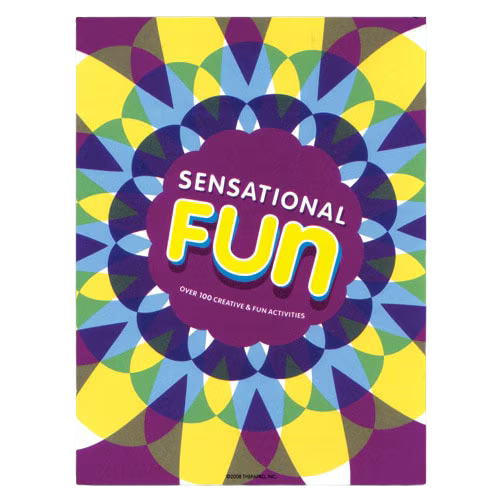
You can also send home personalized routine charts, task analyses, or social stories to reinforce carryover.
Smart Tip #3: Send Home a Summer Skill Maintenance Checklist
Instead of assembling and sending home summer kits (which may not be practical for every therapist), consider offering families a simple, printable guide packed with low-cost, everyday ideas. The Ready, Set, Summer! Home Activity Guide helps caregivers turn ordinary household items into meaningful skill-building moments.
Encourage families to weave therapy into daily routines and play—because supporting development doesn’t have to mean structured lessons or expensive materials!
What’s Inside the Guide:
- 🧺 Easy-to-find tools like clothespins, Tupperware, and sidewalk chalk
- 🛋️ DIY obstacle course ideas using furniture and masking tape
- ✂️ Fun ways to practice cutting, strengthening, and fine motor skills
- 🧠 Everyday activities turned into therapy moments (like sorting laundry!)
- 🛍️ Product recommendations including Therapy Putty and Adapted Scissors
📥 Download the Ready, Set, Summer! Home Activity Guide to share with families and caregivers today!
Smart Tip #4: Set Yourself Up for Fall
You know how hectic back-to-school season can be—so set up “future you” for success now. Clean and label bins, prep materials you’ll need in the first few weeks, and store go-to activities where they’re easy to find.
Need to upgrade your setup? Check out our Tools for Therapists, including Office Plus Everyday Wobble Chair, Office Adjustable Pivot Stool, and fidgets to promote better posture and productivity.
Smart Tip #5: Don’t Forget You
The end of the school year is a time to celebrate your hard work and impact. Make space for rest and recharge this summer. Whether you’re attending professional development, diving into a new book, or simply taking a break, your well-being is vital.
Looking to grow your skills? Therapro offers free on-demand webinars, blogs, and professional resources to support your learning all year long.
Final Thought:
The end of the school year is a moment to celebrate progress—and set students up for success. With a bit of planning and the right tools, therapists can empower families to keep the momentum going all summer long.
Wrap-Up with Confidence
As you wrap up this school year, know that the small steps you take now can ease transitions, prevent skill loss, and give both students and therapists a strong start for the fall. From summer activity ideas to transition tools and therapy essentials, Therapro is here to support you every step of the way.
👉 Explore all of these tools and more at Therapro.com!

